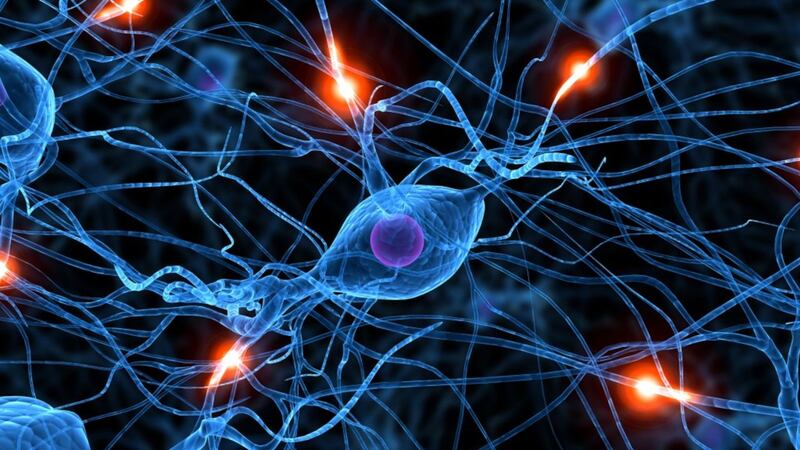Scientists may now have a better idea about what exactly happens to our brains when we fall asleep.
We already know how vital a good night’s rest is to our health and wellbeing, but researchers from the Wisconsin Center for Sleep and Consciousness believe it is much more than a bit of R&R.
They say sleep allows our brains to hit the reset button on their synapses – a complex structure that permits nerve cells to pass electrical or chemical signals amongst neurons which are responsible for storing memories.
They believe one of the main purposes of sleep could be to help forget some memories so others can be stored for later use.
In waking hours, our synapses grow in strength to allow information gathered through the day’s experiences to be stored in the brain.
Scientists say this growth “needs to be balanced to avoid the saturation of synapses and the obliteration of neural signalling and memories”. The term used to describe this balance is “synaptic homeostasis hypothesis” or SHY.
Without adequate sleep, they believe the brain would get bogged down with an overload of information and memories, which would, in turn, stop our brains from functioning properly.
Researchers studying sleeping mice found that 80% of their synapses shrank in size by 18%. The remaining synapses were unaltered, which led the researchers to believe they held more important memories.
Study author Dr Chiara Cirelli said: “This shows, in unequivocal ultrastructural terms, that the balance of synaptic size and strength is upset by wake and restored by sleep.
“It is remarkable that the vast majority of synapses in the cortex undergo such a large change in size over just a few hours of wake and sleep.”
Meanwhile, another team of biologists from Johns Hopkins University approached the question from a different angle.
They tagged proteins on the synapses of mice with a fluorescent marker and found a 20% drop in receptor protein levels in sleeping mice compared to mice that were awake, indicating their synapses had weakened.
Cartoons GIF – Find & Share on GIPHY
Over the years scientists have tried to figure out the reason why humans need to sleep every day and the new research adds evidence to the idea that it is because of the way the brain stores information.
It is worth bearing in mind that this process of synapses shrinking to forget may just be one function of sleep – and it may not be the sole reason why humans and animals need some shut-eye.
But it does present a compelling argument for why the brain behaves the way it does when it is sleep-deprived.
The research is published in the journal Science.








